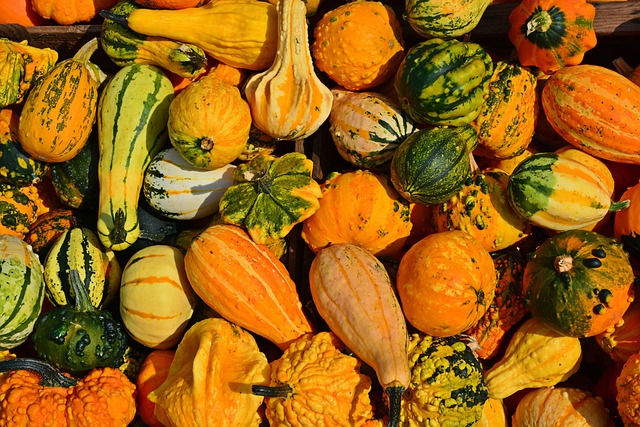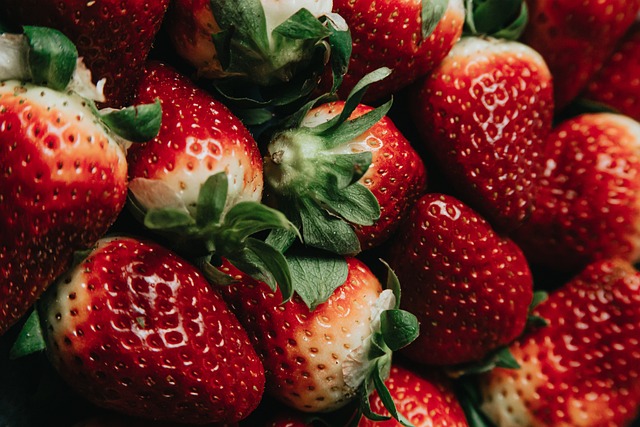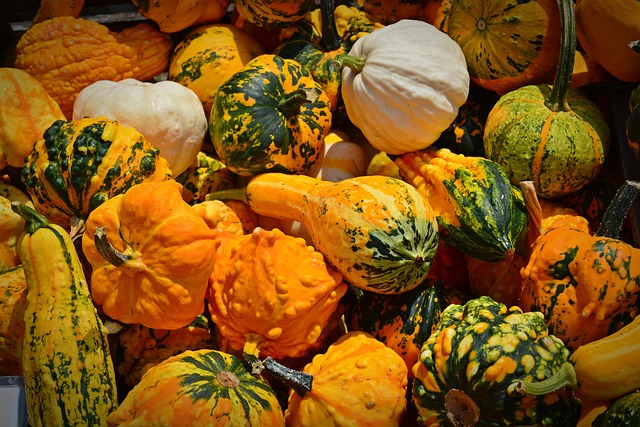Leaf collection and mulching are essential practices for Yard Waste Removal and Recycling, promoting soil health and reducing environmental impact. Property owners should prepare their yards by clearing obstructions, trimming hedges, and using organic mulches to facilitate efficient decomposition. Mulching involves minimizing leaf volume and exposing them to oxygen, resulting in nutrient-rich mulch that suppresses weeds, conserves moisture, and reduces the need for synthetic fertilizers or pesticides. This eco-friendly approach not only minimizes yard waste but also contributes to a sustainable local environment by diverting materials from landfills and lowering greenhouse gas emissions, while also saving financial costs associated with traditional trash collection methods.
“Transform your yard into a thriving, healthy space with effective leaf collection and mulching practices. This eco-friendly approach not only enhances aesthetics but also promotes environmental sustainability by recycling yard waste. In this comprehensive guide, we’ll explore the benefits of these techniques, from improving soil health to reducing environmental impact. Learn how to prepare your yard for efficient leaf removal, ensuring a beautiful and sustainable outdoor oasis.”
- Understanding Leaf Collection and Mulching: Benefits and Process
- How to Prepare Your Yard for Efficient Leaf Removal
- The Environmental Impact of Mulching and Recycling Yard Waste
Understanding Leaf Collection and Mulching: Benefits and Process

Leaf collection and mulching are essential practices for maintaining a healthy yard and garden, offering both environmental benefits and practical advantages. By understanding this process, property owners can contribute to sustainable yard waste removal and recycling. The primary goal is to transform organic material, such as fallen leaves, into nutrient-rich mulch, which can enhance soil fertility and suppress weed growth naturally.
The process begins with efficient leaf collection, typically done in the fall or winter when leaves have shed from trees. These collected leaves are then composted or transformed into mulch through various methods. Mulching involves cutting and chopping the leaves to reduce their volume and expose them to oxygen, facilitating decomposition. As a result, rich, dark material emerges, which can be used as mulch around plants, trees, and shrubs. This natural process not only reduces yard waste but also provides an eco-friendly alternative to synthetic fertilizers and pesticides, fostering a more sustainable and vibrant outdoor environment.
How to Prepare Your Yard for Efficient Leaf Removal

Before diving into leaf collection, it’s crucial to prepare your yard for efficient leaf removal. Start by clearing any obstructions like toys, garden tools, or trash from the areas where leaves will accumulate. This ensures smooth access for equipment and prevents damage to property. Trimming hedges and mowing grass a day or two before leaf collection helps to reduce the volume of debris, making it easier to manage.
Additionally, consider the type of mulch you want to use. Organic mulches like wood chips or compost not only enrich the soil but also help to break down leaves naturally. Properly prepared yards with adequate drainage and minimal clumping of leaves facilitate efficient yard waste removal and recycling processes.
The Environmental Impact of Mulching and Recycling Yard Waste

Mulching and recycling yard waste is an eco-friendly practice that significantly reduces environmental impact. By leaving organic matter, like fallen leaves, on your lawn or garden instead of removing it as trash, you promote soil health. Decayed leaves enrich the soil with essential nutrients, enhancing its structure and fostering a thriving ecosystem for beneficial microorganisms. This natural process also helps to prevent soil erosion and conserve moisture, leading to less need for water in maintenance.
Moreover, yard waste removal and recycling have economic benefits. It reduces the financial burden of disposing of organic materials through traditional trash collection methods. Many municipalities offer programs that allow residents to compost their yard waste at home or participate in community composting initiatives. These practices not only divert significant amounts of material from landfills but also contribute to a more sustainable and resilient local environment, reducing greenhouse gas emissions associated with waste management.
Leaf collection and mulching not only improve your yard’s aesthetics but also offer significant environmental benefits. By understanding the process, preparing your yard efficiently, and adopting sustainable practices like recycling yard waste, you contribute to a greener planet. Implementing these strategies ensures a healthier landscape while streamlining yard waste removal, making it an eco-friendly game-changer for any homeowner.














